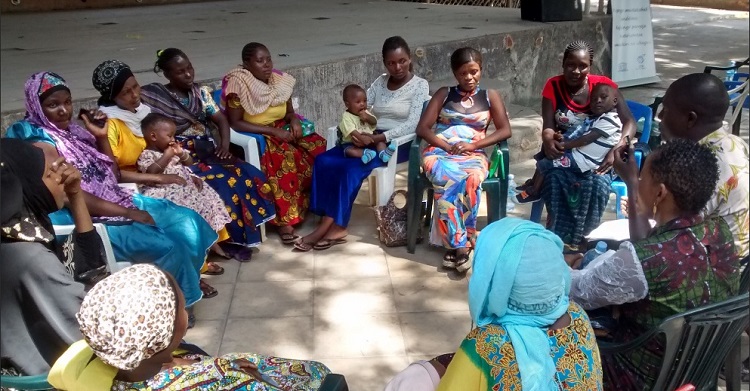Tanzania: People in Poverty Conduct Research About Education for All

For two years now, a diverse team of twelve people have been carrying out a research project called Education for All in order to understand the conditions that will allow the children from the lowest-income families to start and finish their primary school education. One of the researchers is Mrs. Mkude who lives in Tandale, a disadvantaged district of Dar-es-Salaam. She has been a member of ATD since 2003. Below is an interview with her about how the research group worked.

How would you describe the project?
The Education for All Research Project is for those individuals who, like myself, live in a difficult situation. It is a project to ensure that all children are able to go to school. We aim to better understand why the children of the poorest families are unable to finish their studies, or unable to attend school in the first place.
What is your role in the research?
Researchers realized that they were not able to do this project alone. As a result, ATD wanted to involve the poorest individuals, like myself, for we are faced every day with the challenges the project seeks to fix. As a researcher in this project, I move around to different locations, seeking out those individuals who are affected by the challenge of schooling. Before working on this project, I thought that I was among the poorest and was the only one facing this situation. However, talking to other individuals has allowed me to see that I am not alone in this struggle. My research has also taught me other interesting things. I remember I met a father whose wife was working to send her child to school. The man stopped his wife from working, while himself he doesn’t have work.
What has struck you the most about the project?
I have been able to meet many new people and visit many different places that I have never been to before. Traveling to the UNESCO office and to the city of Dodoma, for instance, has allowed me to make many new friends. In fact, by meeting so many people, I have learned that I do not need to be scared to meet and talk with new people. Before, I was worried to do so. In fact, I never really cooperated with others. However, now I have confidence. I am able to speak with local leaders or anybody else who comes to ask me something. I can speak without any hesitation. This has been a big accomplishment for me.
What did you gain personally?
I have realised that all people are equal. When I went to give a presentation at UNESCO, it was my first time speaking with project managers. During the presentation, despite our different education levels and economic status, we sat together – at the same together, with the same chairs, and with one aim: to ensure that all children, especially the poorest, are able to go to and finish school.
What did you learn from families or the project?
I have learned many things from the families I spoke to. I have come to know about the difficulties families face in different places. I have learned that I am not alone in this struggle – that I am not the only individual who has a big family and is unable to pay and register for children at school. I have also realized that local leaders should think about individuals who are living in difficult situations and should hold meetings to better understand the challenges these individuals experience.

